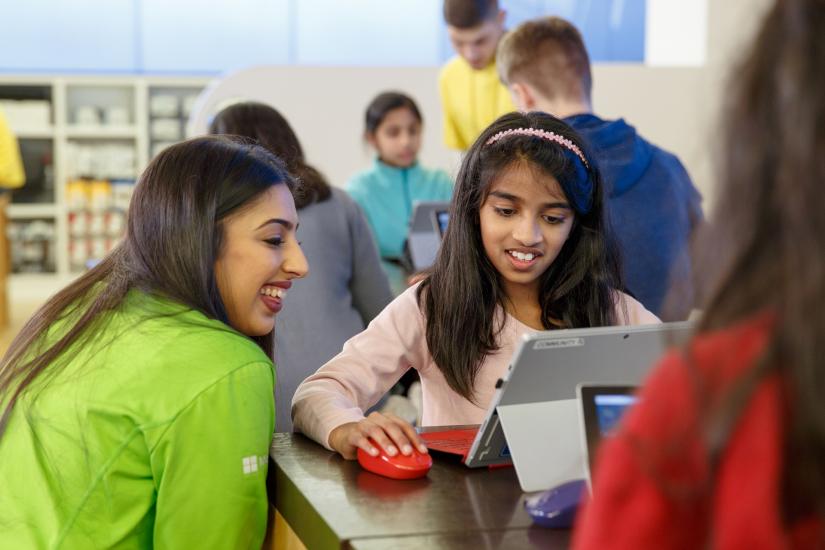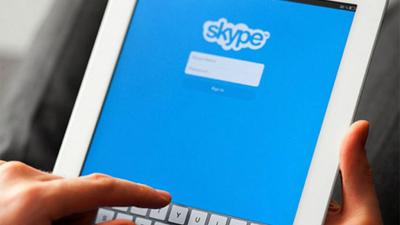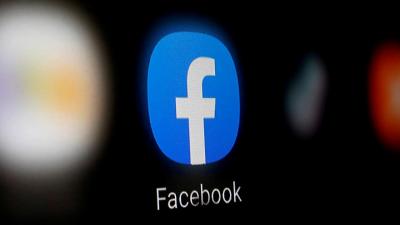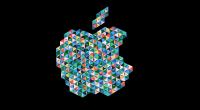 Technology today has become a new way of living and is entrenched in every facet of modern human life. The internet, mobile phones, computers and various other tools of information management have completely changed the way how people live, learn, interact and work.
Technology today has become a new way of living and is entrenched in every facet of modern human life. The internet, mobile phones, computers and various other tools of information management have completely changed the way how people live, learn, interact and work.
Youngsters today are already exposed to various digital tools and are driving innovation in the technology sector. This has resulted in a mindshift of sorts in the education sector, with more and more institutions around the world realising the importance of adopting technology in the classroom. In the last five years digital literacy has risen beyond just being a buzzword, emerging as one of most important concepts in modern education.
According to a report of IANS, here's a checklist of what's essential:
Terminology
Without the ability to understand the relevant terminology, digital literacy can be a daunting endeavor. When students understand the various terms related to technology, using it becomes far more easier. It will also help them understand how various apps, websites and information tools work
Using the internet
The staggering vastness of the World Wide Web can be both confusing and stifling for some students. So, it is important to teach students how to navigate the enormous landscape of the Internet efficiently and find the information they seek. The right set of digital skills will help students to use of technology responsibly
Coding
The ability to apply computational thinking to solve problems forms the basic premise of coding. It encompasses functions like understanding structures, variables, sequential planning, learning the functions of various objects and harnessing different methods to complete tasks. Learning coding also helps develop a deeper understanding of concepts of science, maths and linguistics
Creating multimedia projects
The main objective of using multimedia is to communicate ideas more creatively. Understanding and learning skills like graphic designing, and audio and video editing . help students become creators, instead of just being passive receivers of information. Teaching and learning is slowly shifting to digital platforms since the last few years. So, multimedia skills are of crucial importance for students
Content creation and curation
Using technological skills like creating documents, spreadsheets, PPTs and infographics; and video and audio editing, have become an important feature of modern classrooms. Students should be able to analyse, collect, collate and assess various types of content using technology as it is one of the most important elements of digital literacy
Social media readiness
It is an undisputed fact that social media has thoroughly transformed how we communicate and interact with the world. The emergence of various social media platforms has contributed to a seamless flow of information between content creators and consumers. It is helping students to connect with peers from across the world and share knowledge
Collaborative skills
The digital environment requires a collaborative approach for tasks like project management. Skills like collaboration and communication across multiple platforms, are key to thrive in this scenario. Learning to utilise various technology tools allows students to experiment and collaborate
Blogging
The advantages of learning to blog are manifold. Blogging doesn't just help in improving articulation and writing skills but also helps in developing creative thinking. In the context of education, it helps in creative expression of academic concepts
Understanding hardware
In view of the our growing dependence on gadgets and various other technology tools, it is important for every student to understand the basics of hardware and troubleshooting related to these gadgets and tools. This requires an in-depth understanding of the components of WiFi networks, computers, processors and the like
Understanding copyright
Students are often encouraged these days by their educators to use the internet for doing their background research for projects and other tasks that are part of their curriculum. This exposes young learners to a vast pool of online resources from where they can borrow information and ideas. So educators need to guide students to prevent f plagiarism, educating them on copyright and the implication of its violation.
 Tech
Tech
30896 hour(s) 53 minute(s) ago ;
Morning 03:48 ; Friday ; Apr 26, 2024
10 digital skills students need for today's education
Send
Bangla Tribune Desk
Published : 17:27, Dec 13, 2018 | Updated : 17:29, Dec 13, 2018
Published : 17:27, Dec 13, 2018 | Updated : 17:29, Dec 13, 2018
0 ...0 ...
/hb/
Topics: Top Stories
- KOICA donates medical supplies to BSMMU
- 5 more flights to take back British nationals to London
- Covid19: Rajarbagh, Mohammadpur worst affected
- Momen joins UN solidarity song over COVID-19 combat
- Covid-19: OIC to hold special meeting
- WFP begins food distribution in Cox’s Bazar
- WFP begins food distribution in Cox’s Bazar
- 290 return home to Australia
- Third charter flight for US citizens to return home
- Dhaka proposes to postpone D8 Summit
Unauthorized use of news, image, information, etc published by Bangla Tribune is punishable by copyright law. Appropriate legal steps will be taken by the management against any person or body that infringes those laws.
Bangla Tribune is one of the most revered online newspapers in Bangladesh, due to its reputation of neutral coverage and incisive analysis.
F R Tower, 8/C Panthapath, Shukrabad, Dhaka-1207 | Phone: 58151324; 58151326, Fax: 58151329 | Mob: 01730794527, 01730794528






